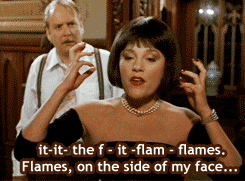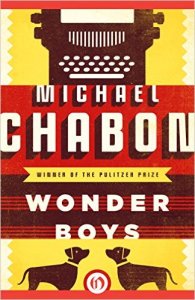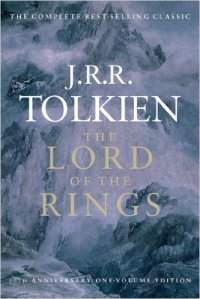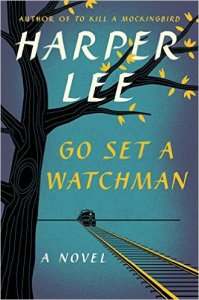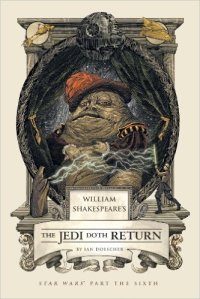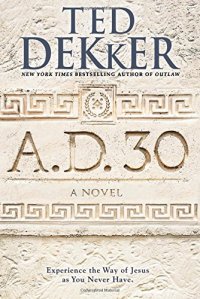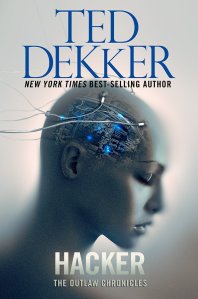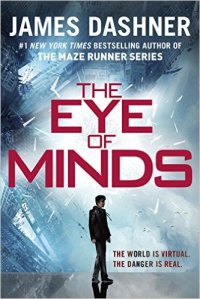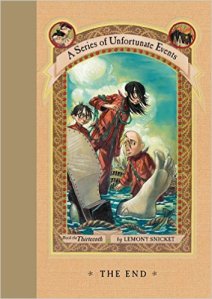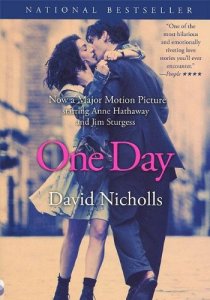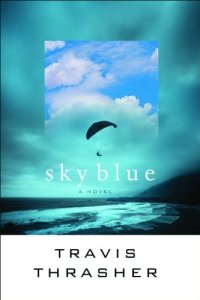Hi there! My name’s Brian and I’m glad to meet you!
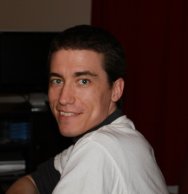
Who am I? Just a YA mentor, standing in front of a group of prospective mentees, asking one of them to give me a novel I’ll love to pieces. So, you know, nothing big. Yeah, right!
First, let me congratulate you. You wouldn’t be looking at this bio—or any of the other mentors’ bios—if you didn’t have a completed novel handy, so kudos to you for getting that far because there are loads of would-be writers who never complete a draft. You are way ahead of the curve already.
Second, you have come to the right place, because Pitch Wars is an unbeatable experience and I applaud you for planning to enter. You’re going to meet many, many wonderful members of the writing community here, so I’m excited for how much you’re going to get from this experience regardless of whether you get selected by a mentor or not.
Finally, thanks for checking out my bio. This is my first time as a mentor, and I’m stoked! I was selected as a mentee last year, and my mentor, Holly Faur, got my novel and pitch into such good shape that I landed my agent–the fantastic Laura Crockett with Triada US Literary Agency–a few weeks after the agent round took place. A Silence Worth Breaking was my sixth manuscript, so perseverance really can pay off! None of this would have happened without Pitch Wars and I hope you’ll have a great story to tell about this experience once it’s over.
So, a bit about my background. I studied English and creative writing in college, have edited novels and short stories, interned with publishers, and now work for one in addition to my own writing, so I definitely have a love affair with reading, writing, and publishing going on. I read while walking around the block on lunch breaks, and I’m still peeved that Gavin Kwong won our fifth grade book reading contest after I’d won the previous three years, so hopefully you have an idea of how much I love books!
As a mentor, here are some things you should know about how I plan to work with you. I will have an edited version of your novel back to you close to the selection date (ideally within a few days), as well as an edit letter with more general points to consider for strengthening your book (a quick tip: look for crutch words in your novel right now and get rid of as many as possible!). I want you to have as much time as possible during our two months together to work on your book; I’m hoping we’ll be able to do two significant edits of your book, so I hope you’re ready to work! I was fortunate not to have to give my novel a drastic overhaul last year, but that doesn’t mean I won’t suggest one for your book if I think one could make your book awesome, so I hope you are open to this possibility.
I’m going to be looking for a story that is polished, at least to some degree. If you’ve just ripped through a first draft and are submitting it without having done serious work on it, we’re not going to be a good fit. Some typos here and there aren’t going to be deal-breakers for me, but if I’m having to stop every sentence to figure out what’s going on, or if you haven’t at least run your novel through Spellcheck at least once, I’ll be passing pretty quick.
I’ll be available via email, Skype, social media, and maybe text in a pinch, so we’ll have chances to connect whenever you need help with anything. I won’t always be immediately available (say, during work hours!), but I’ll be responding ASAP as often as you need me to. Bounce ideas off me, get clarification on suggestions I’ve made, tell me how much you hate working on your 50-word pitch (you will) and need a shoulder to cry on (I did); I’m going to be here to help, so never worry that you might be inundating me with questions or whatever—that’s why I’m here. We’re on the same team (we’ll need to come up with a good Twitter team name, by the way, so bring your thinking cap!) and I want you to succeed!
All right, so now that all of that’s out of the way, here’s what I’m looking for in a YA submission:
–Literary/Drama (not melodrama)
–Contemporary
–Sci-Fi
–Friendship stories/some Romance (but nothing smexy–not my thing!)
–Magical Realism
–Dystopian
–I’d love a YA version of a big ensemble story like Love, Actually
WHAT I’M NOT LOOKING FOR:
–Historical
–Steampunk
–Horror
–Mystery
–Western
–Erotica (I’m a YA mentor, so this should go without saying, but just in case it’s not clear…)
–Stories with tired tropes (milquetoast hero from middle of nowhere saves the world, love triangles that are as manufactured as the Kardashians are)
If I haven’t covered any genres here, feel free to ask, but if it’s not coming to my mind then chances are good I’m not going to be super open to it.
It’s also worth noting that if your book has any of the following details in it, we won’t be a good fit:
–Child abuse/death, especially infants and toddlers (I don’t care how essential it is to the storyline, I can’t handle it)
–Animal abuse
–Holocaust romances, which have apparently become a thing
–Extended religious bashing, regardless of the religion; this goes for religious bigotry as well
Here are some of my favorite books regardless of genre, target audience, etc., so you can get a sense of some of the kinds of stories/writing styles I like:
Wonder Boys – Michal Chabon
To Kill a Mockingbird – Harper Lee
Waiting – Ha Jin
Sky Blue – Travis Thrasher
The Fault in Our Stars – John Green
The Legend trilogy – Marie Lu
The Dominion trilogy – Robin Parrish
The Maze Runner trilogy – James Dashner
One Day – David Nicholls
The Princess Bride
The Lord of the Rings
Harry Potter
The Chronicles of Narnia
So whaddayasay? Are we a match? I hope so! If you have questions about what I might or might not be interested in, you can find me on Twitter at @Brian_C_Palmer.
Good luck!
Oh, and I have a blog hop letter for you scavenger hunters out there:
…
…
…
…
…
…
…
…
…
…
…
…
…
…
…
…
…

<!– beginning of export. owner: brenleedrake, postid: 05Jul2016a, columns: 3, mode: link –><table width=”100%” border=”0″><tr><td class=”blenza-td” width=”33%” align=”left” valign=”top”>1.
<br/>2.
<br/>3.
<br/>4.
<br/>5.
<br/>6.
<br/>7.
<br/>8.
<br/>9.
<br/>10.
<br/>11.
<br/>12.
<br/>13.
<br/>14.
<br/>15.
<br/>16.
<br/>17.
<br/>18.
<br/>19.
<br/>20.
<br/>21.
<br/>22.
</td><td class=”blenza-td” width=”33%” align=”left” valign=”top”>23.
<br/>24.
<br/>25.
<br/>26.
<br/>27.
<br/>28.
<br/>29.
<br/>30.
<br/>31.
<br/>32.
<br/>33.
<br/>34.
<br/>35.
<br/>36.
<br/>37.
<br/>38.
<br/>39.
<br/>40.
<br/>41.
<br/>42.
<br/>43.
<br/>44.
</td><td class=”blenza-td” width=”33%” align=”left” valign=”top”>45.
<br/>46.
<br/>47.
<br/>48.
<br/>49.
<br/>50.
<br/>51.
<br/>52.
<br/>53.
<br/>54.
<br/>55.
<br/>56.
<br/>57.
<br/>58.
<br/>59.
<br/>60.
<br/>61.
<br/>62.
<br/>63.
<br/>64.
<br/>65.
<br/>66.
</td></tr></table><p style=”border: 2px solid #000000; text-align: center; padding: 4px; color: #000000;”>Powered by… <a target=”_blank” href=”http://www.blenza.com/linkies/”>Mister Linky’s Magical Widgets</a>.</p><!– end of export –>









































































